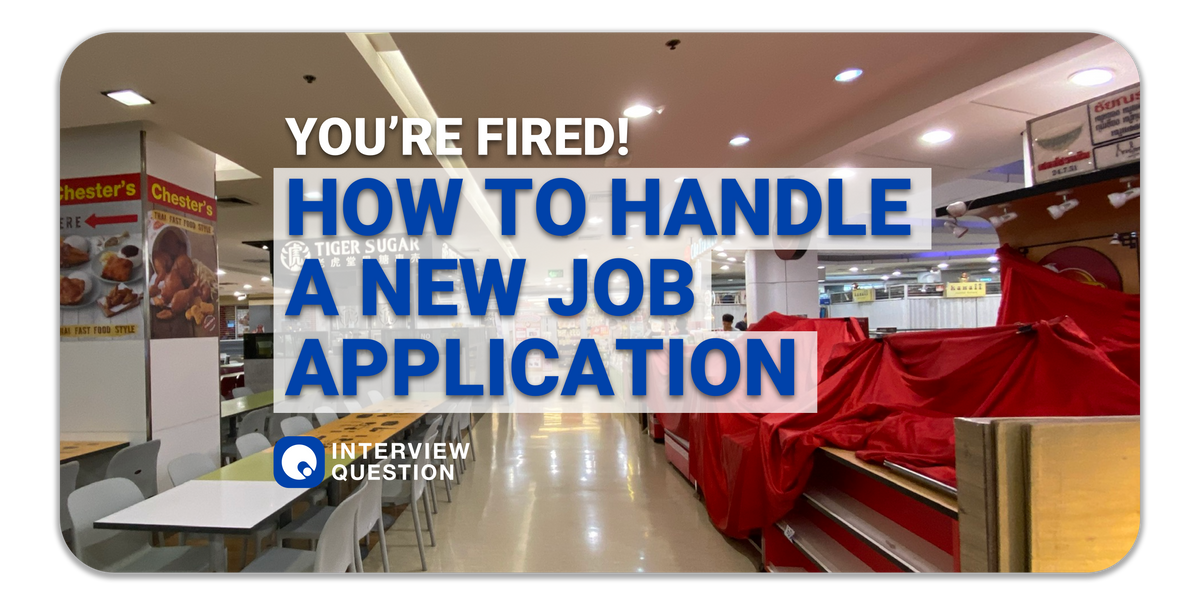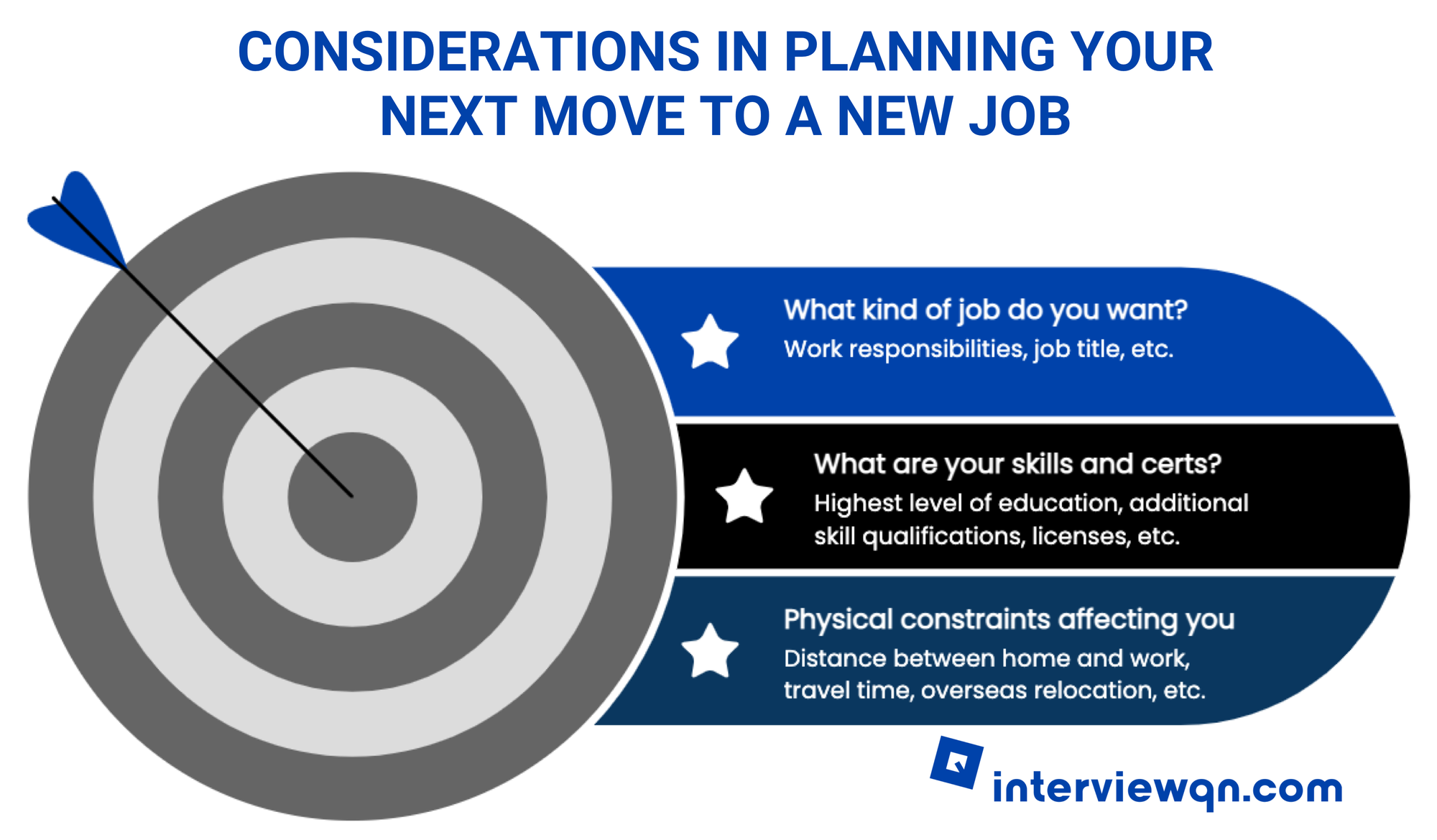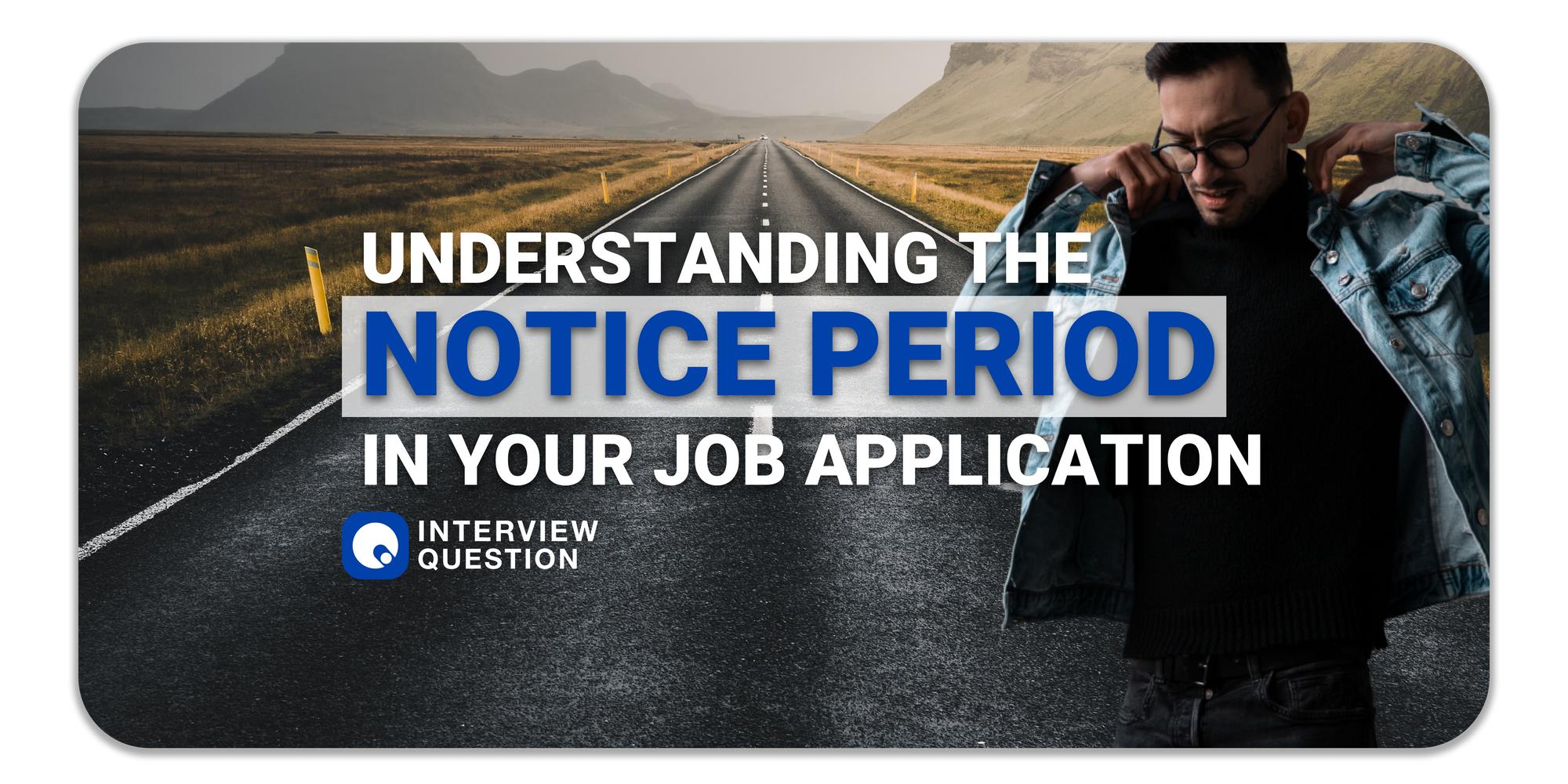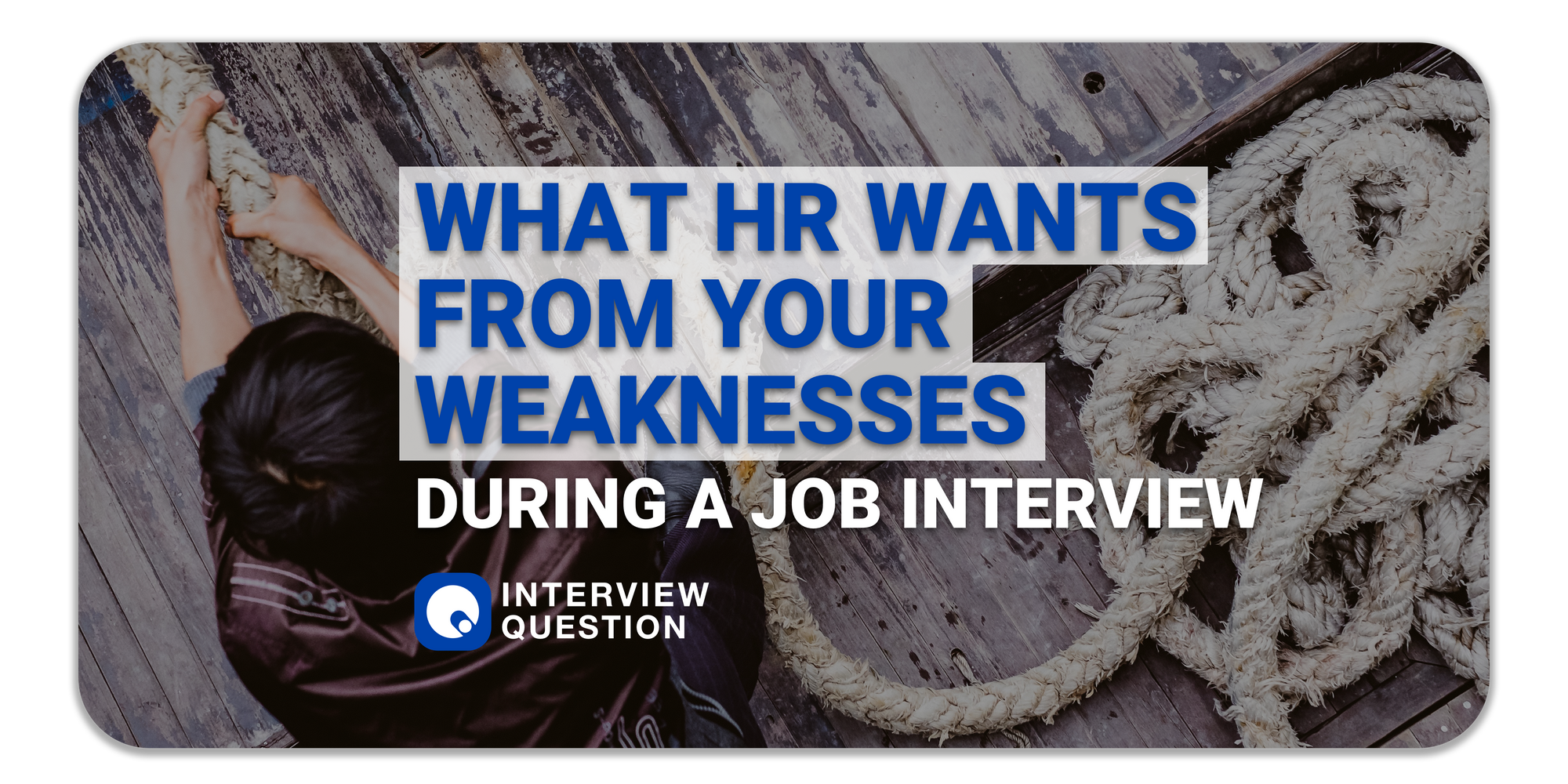You're Fired! Now What? How to Handle a New Job Application
If you've recently lost your job and been given notice, don't panic. Check out this guide on how to handle a new job application and get back up.

Losing your job can feel like the end of the world. But it doesn’t have to be. With a little planning and preparation, you can turn this difficult situation into an opportunity for a fresh start.
So, what should you do if you find yourself suddenly unemployed? First, take a deep breath and don’t panic. It’s normal to feel overwhelmed, but remember that there are millions of people in the same boat as you. You are not alone.
Next, start thinking about your next move.
- What kind of job do you want?
- What are your skills and qualifications?
- Will the physical distance between work and home affect your willingness to attend to work?

Once you have a clear idea of what you want, it’s time to start applying for jobs.
The process of applying for jobs has changed a lot in recent years, so it’s important to familiarise yourself with the new landscape before getting started.
Here are some tips on how to handle a new job application.
There's No Shame in Applying for a New Job After Being Fired
It's not uncommon to feel embarrassed or ashamed after being fired from a job. But it's important to remember that losing your job doesn't reflect on you as a person.
Being fired at your job can happen to anyone, and it doesn't mean that you're a bad employee. There's no shame in applying for a new job after being fired.
In fact, it shows that you're willing to take responsibility for your career and are committed to finding employment.
Sure, it might be a little embarrassing at first and you might have to explain what happened during interviews, but that doesn't mean you won't be able to find a new job. Keep your thoughts organised during the interview.
In fact, many employers are understanding and may even respect you more for having gone through such an experience.
So don't give up hope – keep searching and eventually you'll find the right fit for you.
Losing Your Job Doesn't Mean You Have to Lose Hope
It can be difficult to see the light at the end of the tunnel when you've lost your job, but it's important to remember that this isn't the end of your story. There are plenty of people who have gone through similar experiences and come out on top.
Here are a few things you can do to stay positive and keep hope alive:
- Talk to friends or family members; people who have been in a similar situation. They can offer support and advice on how they coped during tough times, handling unemployment, resignation and work commitments during your notice period.
- Focus on what you can control. You may not be able to control whether or not you lose your job, but you can control how you react to job loss by rephrasing the negatives in a good way and sharing the steps you intend to take next.
- Create a plan for moving forward. This could include looking for new jobs, networking, attending career fairs, or taking classes to improve your skillset. This makes your profile as a job applicant stronger. Having a plan will help give you a sense of purpose and direction during this time of uncertainty.
Stop Applying for Every Single Job You See (After Being Fired)
When you're suddenly unemployed, your first instinct may be to start frantically applying for any job that comes your way. It is easy to feel lost and uncertain about your next steps.
You might be tempted to apply for every job you see in the hopes that one of them will stick.
However, casting such a wide net and applying for an irrelevant variety of jobs is an ineffective use of your time or energy.
Instead, take a step back and assess your situation. Figure out what kind of role you're looking for and why you were let go from your previous position. Once you have a clear understanding of what you want and need, start applying for jobs that are a good fit for you. Applying haphazardly will only lead to more frustration down the road.
It's important to take some time after being fired to figure out what you really want in your next role. Then, target your job search so that you're only applying for positions that are a good fit for skillsets you are strong at and goals that matter to you. This will help ensure that you don't waste time on applications that aren't likely to lead to a job offer.
3 Step Guide to Increase Chances of Getting Hired after Being Fired
- First, ask why. Take some time to figure out why you were fired. Your boss may not directly tell you, or may be too courteous to obfuscate (hide) the true reasons. Do self reflection. If it was due to poor performance, then take steps to improve your skills and learn from your mistakes. If it was due to downsizing or company restructuring, then emphasize in your application how adaptable and flexible you are.
- Next, refresh resume. Update your resume and cover letter so that they reflect your new situation. Be sure to include and highlight on any positive feedback or accomplishments from your previous job, even if these strengths seem small to you - the significance and impact is best judged by employers. And most importantly, don't lie about why you left your last position - honesty is always the best policy when applying for a new job.
- Finally, stay resilient. Focus on the future and stay positive during the entire process. Remember that getting fired doesn't mean that you're a bad person or that you're not qualified for other positions - it can happen to anyone at anytime. So keep your head up high and keep applying for jobs until you find the perfect fit!
Conclusion
Unemployment is stressful enough and having to submit new job applications while being jobless is worse. Take care of your own well-being by being true to yourself during the job hunt.
As talked about in this article, there is no need to feel shameful in reapplying after being let go by your employer. Hold on to hope that you find fresh employment. Don't go around throwing your resume to any company or recruiter you see. And finally, follow the 3-step guide: Ask why, refresh your resume and stay resilient. Fighting!



